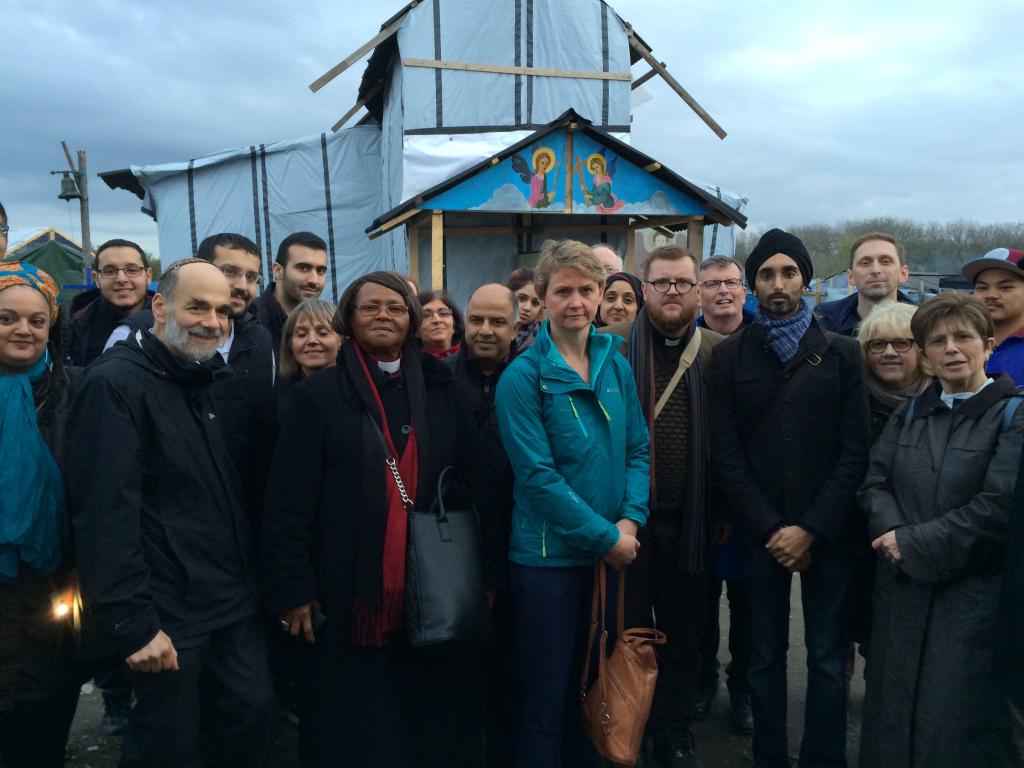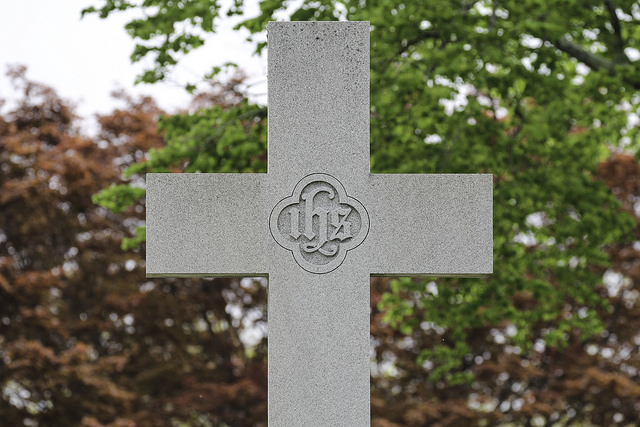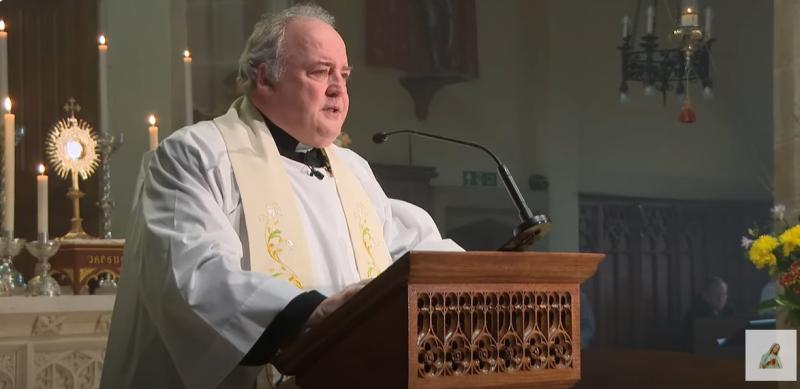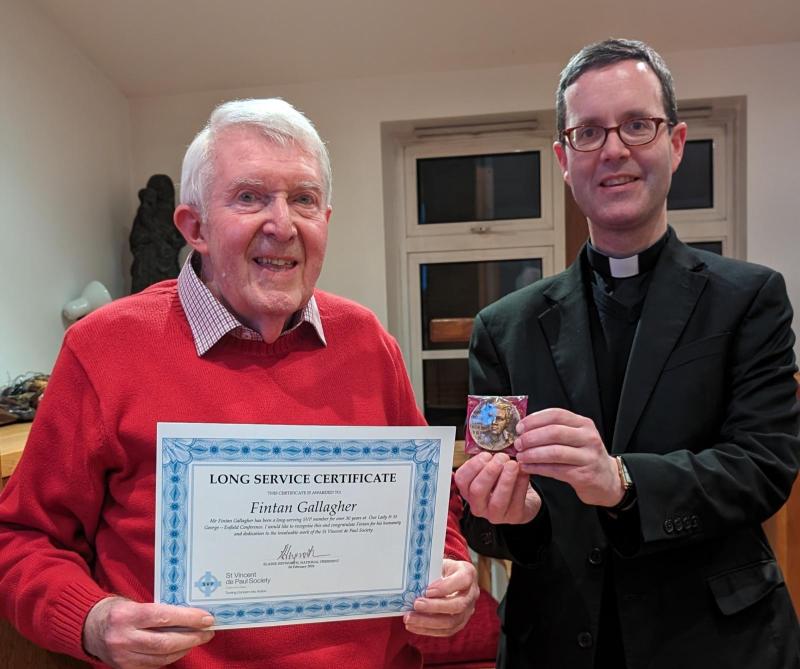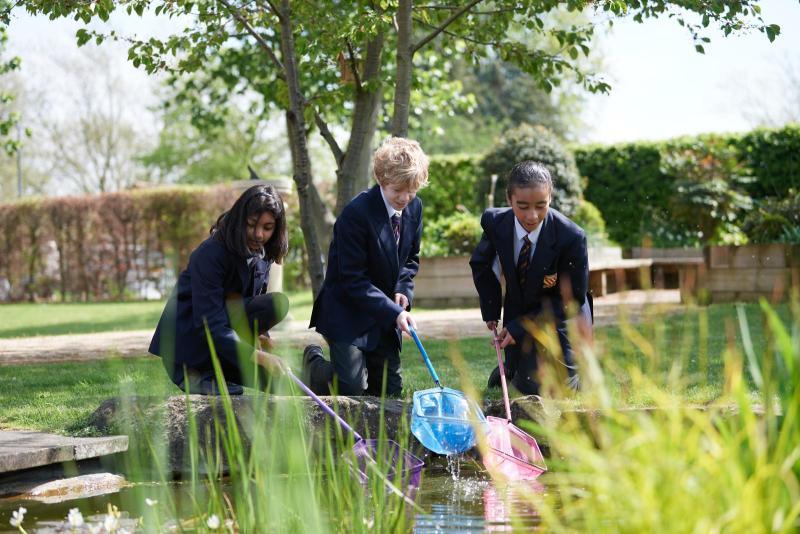On 12 November, Fr Chris Vipers, Parish Priest of Feltham and Episcopal Vicar in West London, visited Calais as part of a multi-faith delegation of London Church Leaders and the Faiths Forum for London. In this article, he shares his experience of the camp:
The first thing that strikes you is the smell: of piles of rubbish, overflowing toilets, stagnant water, layers of unwashed clothing. Secondly, so very many people, young men, teenagers, boys, standing around or walking purposefully with nowhere to go. I saw and heard bewilderment, desperation, anger and a heart-breaking sense of hopelessness: ‘We are going to die here’.
One young man from Afghanistan who spoke to me had been an interpreter for the British Army and was fleeing death-threats back home. Another was a surgeon from Syria, and another, the Principal of a High School, their only ‘crime’ being that they were Christians. It was hard to see them so humiliated, hard to hear their stories. What if it were I having to live that way?
Another conversation made me feel like a do-gooder who could do no good, a day-tourist in hell. But there was light there too: youngsters kicking a football around and dreaming of playing for Manchester United; paramedics from London giving up a week of their holidays to give flu jabs to the nearly-4000 refugees in the camp, already-exhausted travellers from Sudan, Iraq, Afghanistan and Syria; the makeshift Ethiopian Orthodox church at the heart of the camp (one of the first things the refugees built) offering a place of sanctuary, stillness and peace; the many aid agencies and NGO’s from France and the UK bringing fresh clothes, food, toys, footballs, books and dictionaries for the library; the young barber from Syria who managed to bring his shaving brush, razor and scissors and offering his services for free; volunteers I met from all over Europe who were helping to build more sturdy shelters of wood and canvas to protect from the onset of winter.
Not least, there was hope in the group I travelled with from London Church Leaders and the Faiths Forum for London. We were none of us politicians or power-brokers. Each of us, though, are human beings, wanting to stand shoulder to shoulder with those who suffer as refugees and asylum seekers, each of us needing to raise our voices loudly for justice, mercy, the sanctity of life, human dignity and the rights of man.
Pope Francis has challenged us to ‘touch the suffering flesh of Christ in others’ (Evangelii Gaudium). I tried to do that one day in November, and it is a meeting with the suffering Christ I will never forget.
